Refine search
Actions for selected content:
313 results in Books and Monographs
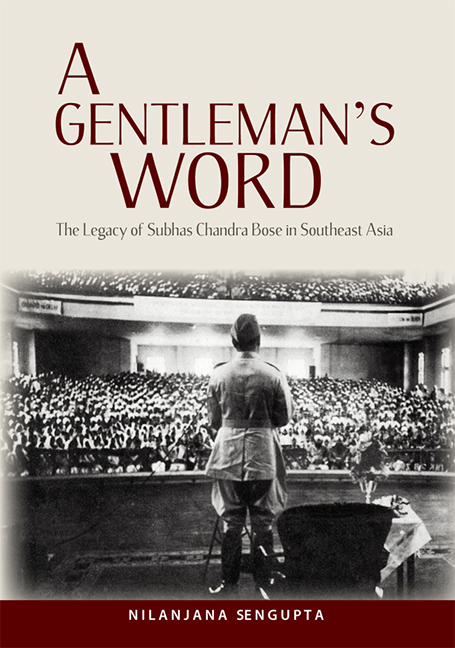
A Gentleman's Word
- The Legacy of Subhas Chandra Bose in Southeast Asia
-
- Published by:
- ISEAS–Yusof Ishak Institute
- Published online:
- 21 October 2015
- Print publication:
- 29 February 2012
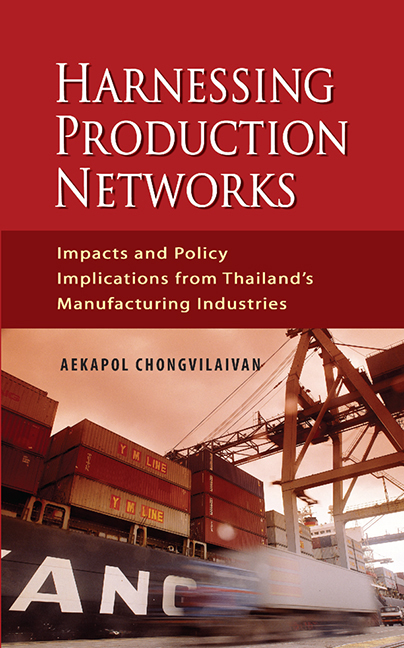
Harnessing Production Networks
- Impacts and Policy Implications from Thailand's Manufacturing Industries
-
- Published by:
- ISEAS–Yusof Ishak Institute
- Published online:
- 21 October 2015
- Print publication:
- 04 August 2011

Energy Market and Policies in ASEAN
-
- Published by:
- ISEAS–Yusof Ishak Institute
- Published online:
- 21 October 2015
- Print publication:
- 01 January 1991
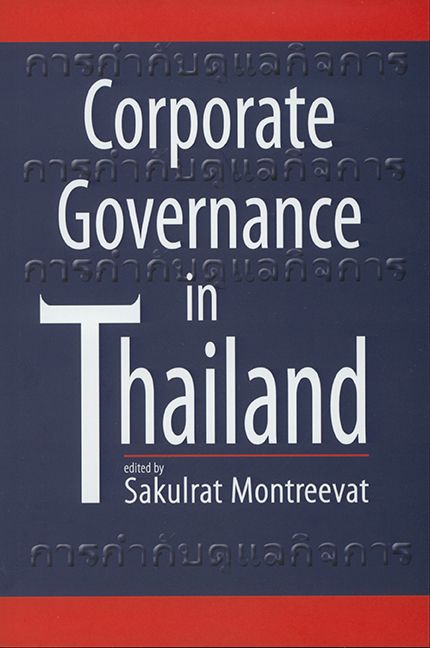
Corporate Governance in Thailand
-
- Published by:
- ISEAS–Yusof Ishak Institute
- Published online:
- 21 October 2015
- Print publication:
- 23 December 2005

The Indonesian Parliament and Democratization
-
- Published by:
- ISEAS–Yusof Ishak Institute
- Published online:
- 21 October 2015
- Print publication:
- 02 January 2008

Across the Causeway
- A Multi-dimensional Study of Malaysia-Singapore Relations
-
- Published by:
- ISEAS–Yusof Ishak Institute
- Published online:
- 21 October 2015
- Print publication:
- 15 December 2008

East Asia
- Between Regionalism and Globalism
-
- Published by:
- ISEAS–Yusof Ishak Institute
- Published online:
- 21 October 2015
- Print publication:
- 04 September 2006
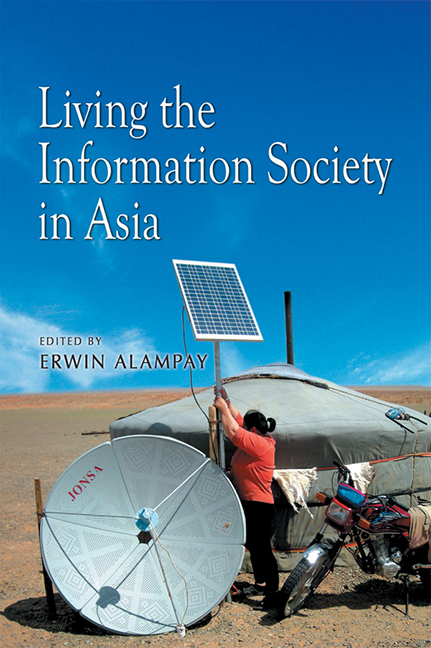
Living the Information Society in Asia
-
- Published by:
- ISEAS–Yusof Ishak Institute
- Published online:
- 21 October 2015
- Print publication:
- 14 April 2009
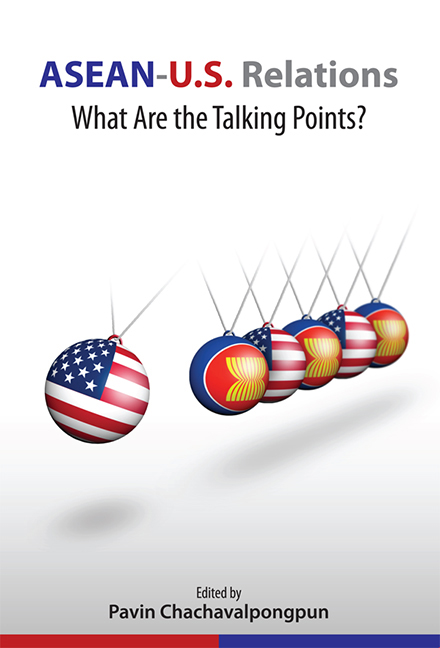
ASEAN-U.S. Relations
- What Are the Talking Points?
-
- Published by:
- ISEAS–Yusof Ishak Institute
- Published online:
- 21 October 2015
- Print publication:
- 16 December 2011
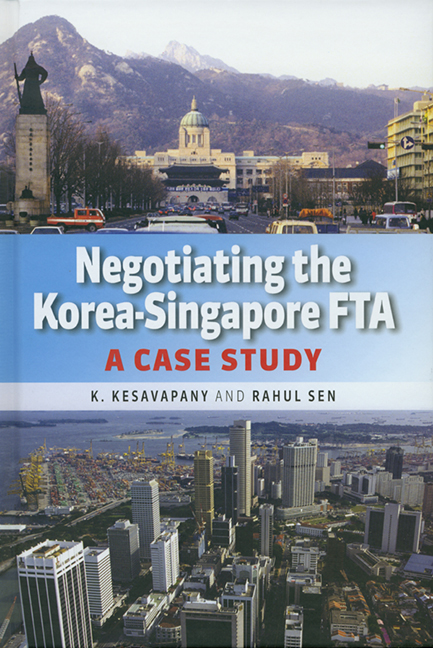
Negotiating the Korea-Singapore FTA
- A Case Study
-
- Published by:
- ISEAS–Yusof Ishak Institute
- Published online:
- 21 October 2015
- Print publication:
- 04 September 2007
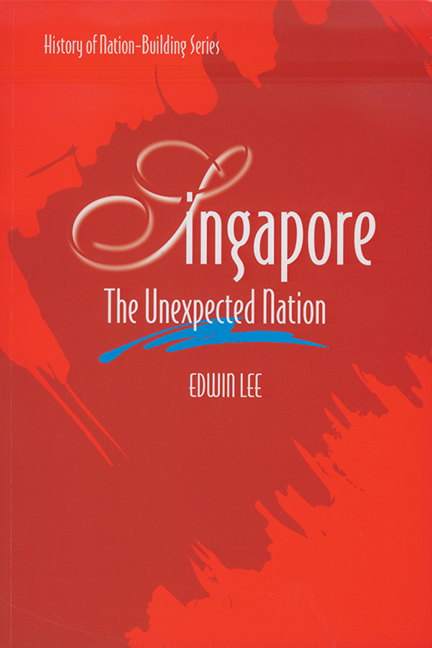
Singapore
- The Unexpected Nation
-
- Published by:
- ISEAS–Yusof Ishak Institute
- Published online:
- 21 October 2015
- Print publication:
- 24 July 2008

Indonesia beyond the Water's Edge
- Managing an Archipelagic State
-
- Published by:
- ISEAS–Yusof Ishak Institute
- Published online:
- 21 October 2015
- Print publication:
- 22 July 2009
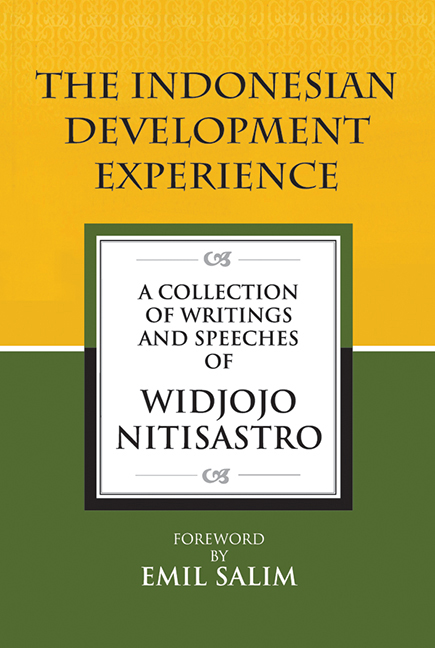
The Indonesian Development Experience
- A Collection of Writings and Speeches
-
- Published by:
- ISEAS–Yusof Ishak Institute
- Published online:
- 21 October 2015
- Print publication:
- 20 September 2011
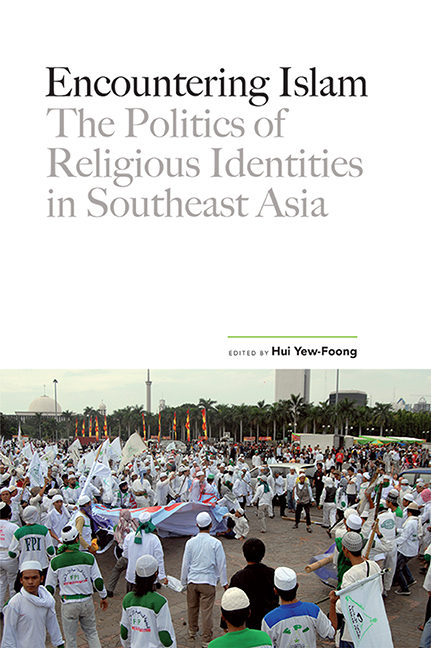
Encountering Islam
- The Politics of Religious Identities in Southeast Asia
-
- Published by:
- ISEAS–Yusof Ishak Institute
- Published online:
- 21 October 2015
- Print publication:
- 02 November 2012

Employment, Living Standards and Poverty in Contemporary Indonesia
-
- Published by:
- ISEAS–Yusof Ishak Institute
- Published online:
- 21 October 2015
- Print publication:
- 30 May 2011

Political Reform in Indonesia after Soeharto
-
- Published by:
- ISEAS–Yusof Ishak Institute
- Published online:
- 21 October 2015
- Print publication:
- 06 April 2010
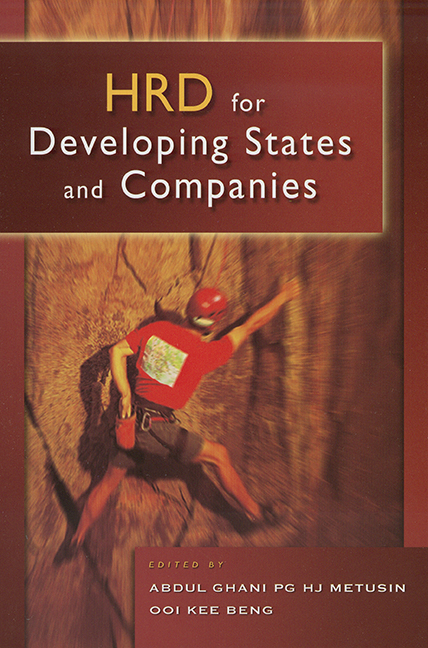
HRD for Developing States & Companies
-
- Published by:
- ISEAS–Yusof Ishak Institute
- Published online:
- 21 October 2015
- Print publication:
- 19 October 2005

Elections and Politics in Indonesia
-
- Published by:
- ISEAS–Yusof Ishak Institute
- Published online:
- 21 October 2015
- Print publication:
- 30 January 2002

Parliaments and Political Change in Asia
-
- Published by:
- ISEAS–Yusof Ishak Institute
- Published online:
- 21 October 2015
- Print publication:
- 08 July 2005
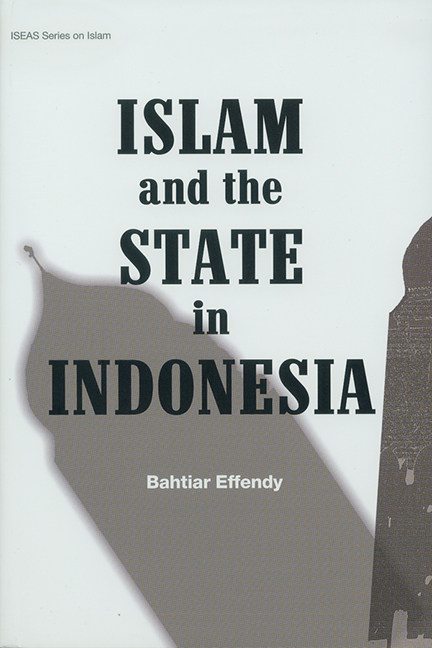
Islam and the State in Indonesia
-
- Published by:
- ISEAS–Yusof Ishak Institute
- Published online:
- 21 October 2015
- Print publication:
- 02 December 2003
